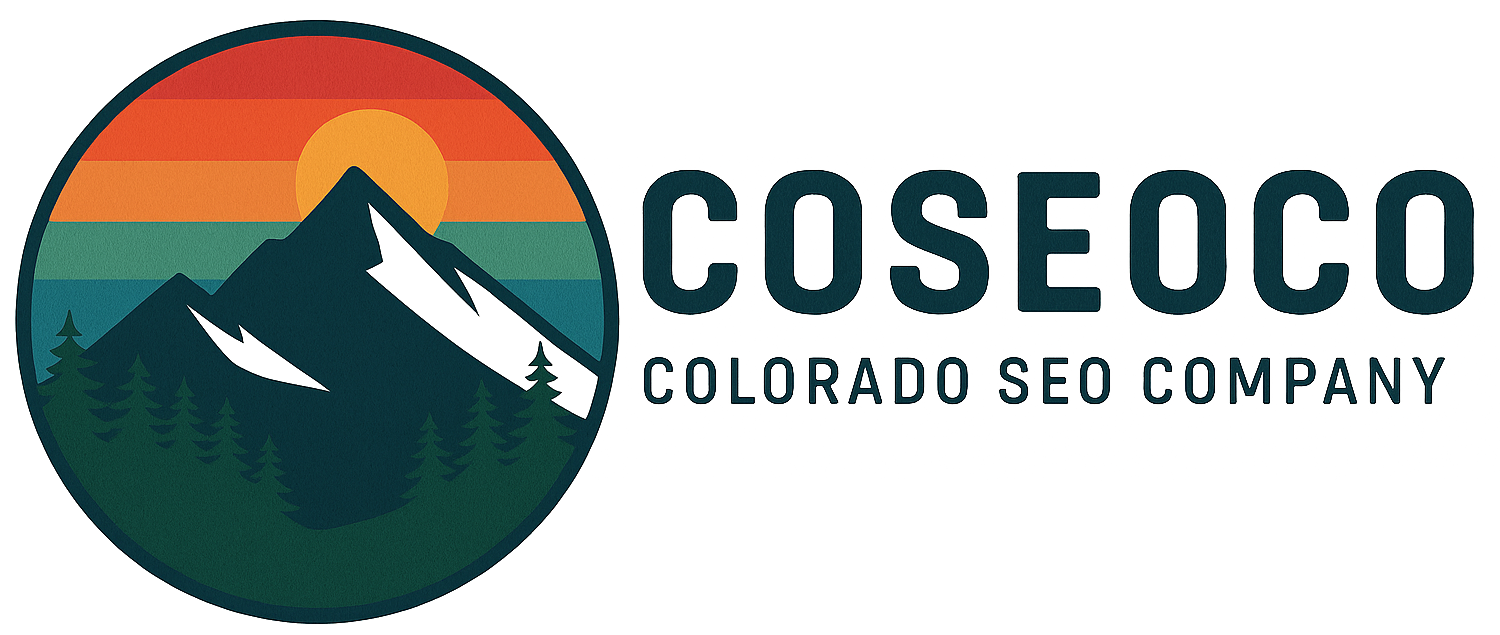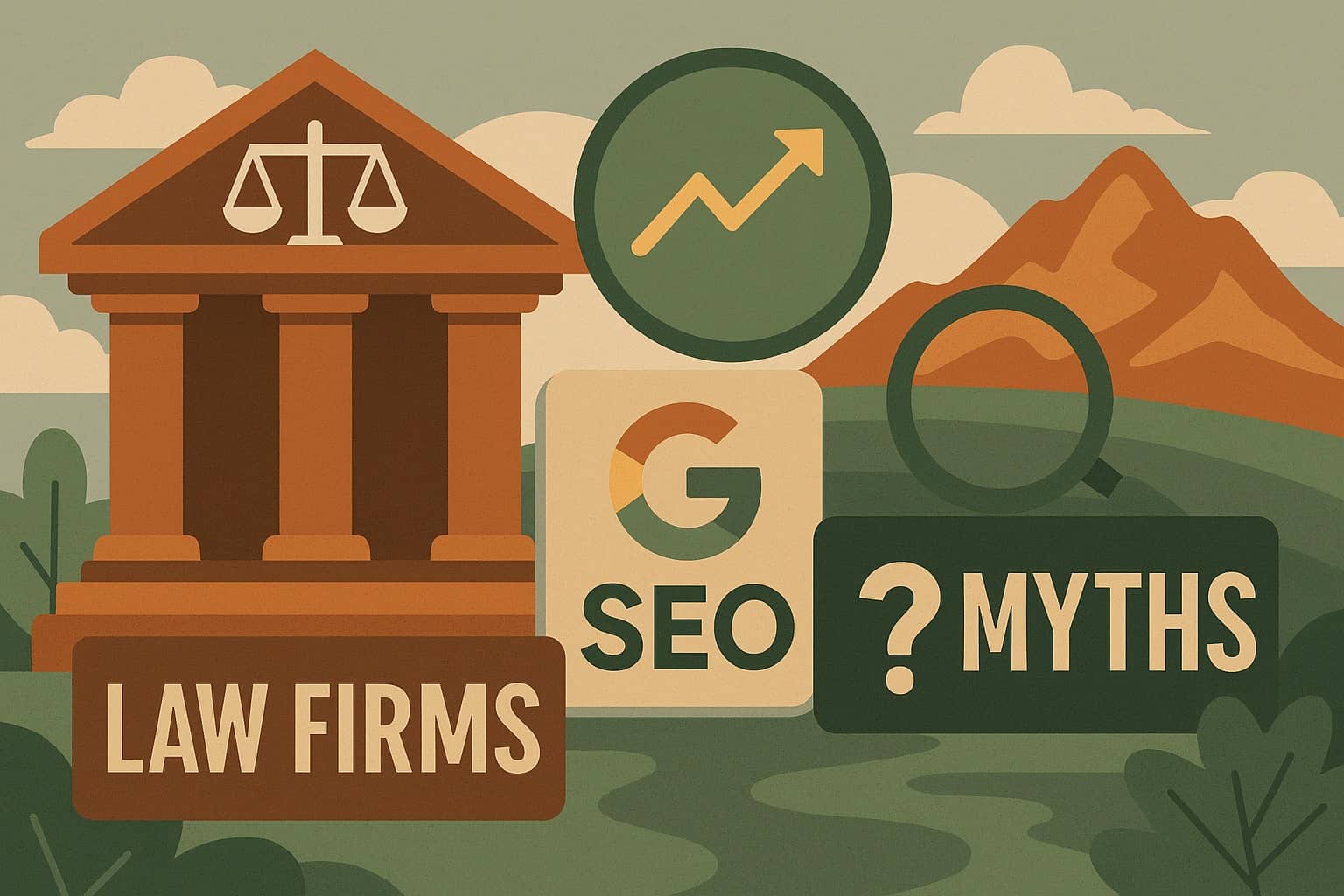table of contents
13 SEO Related Books That Every Marketer Should Highlight, Dog-Ear, and Reread
Disclosure: This post contains affiliate links. If you click through and make a purchase, I may earn a small commission at no extra cost to you. I only recommend books I genuinely believe offer value.
Whether you’re just starting out or scaling an SEO agency, the right book can sharpen your strategy, deepen your technical skills, and inspire long-term growth. This curated list of 13 SEO realted books spans beginner guides, advanced tactics, AI-driven insights, and mindset mastery; each one chosen to help you rank smarter and lead with confidence in 2025 and beyond.

Beginner-Friendly & Strategic SEO Related Books
Synopsis: This bestselling guide (now in its 7th edition) offers a step-by-step approach to SEO, focusing on practical techniques for achieving top rankings on Google. It includes advice on local SEO, mobile optimization, reputation management, and link building. Fleischner emphasizes fast results and simplicity.
Pros:
- Easy to follow, even for non-tech readers
- Covers local SEO and Google My Business
- Offers a clear link-building process
- Updated for recent algorithm changes
Cons:
- Some strategies may feel dated or oversimplified for advanced users
- Less emphasis on long-term content strategy or technical SEO
- Limited depth on analytics and conversion optimization
Best For: Small business owners, local marketers, and readers who want quick wins without diving deep into technical complexity.
Synopsis: This book positions SEO as a strategic growth engine, integrating it with broader marketing efforts like PR, content, and web design. It introduces a three-stage SEO model, traction, expansion, and conversion, and emphasizes the importance of aligning SEO with customer journey and business goals.
Pros:
- Strategic and holistic approach to SEO
- Strong emphasis on content marketing and reputation
- Great for agencies and consultants
- Includes insights on mobile, local, and voice search
Cons:
- Less tactical than other beginner guides
- May overwhelm readers looking for quick how-tos
- Assumes some marketing background
Best For: Marketing professionals, agency owners, and growth-minded entrepreneurs who want to integrate SEO into a broader business strategy.
Comprehensive & Deep Dives SEO Related Books
Synopsis: Widely considered the definitive textbook of SEO, The Art of SEO offers a sweeping, in-depth exploration of search engine optimization. It covers everything from search engine history and crawling/indexing mechanics to keyword strategy, link building, content architecture, and analytics. The book is structured to guide readers from foundational concepts to advanced enterprise-level tactics. We own the second edition of this book, and it’s slightly outdated – but if you can find it at your local library, it’s worth the read.
Pros:
- Extremely comprehensive (700+ pages)
- Authored by respected industry veterans
- Covers technical, strategic, and content-driven SEO
- Ideal for both training and reference
Cons:
- Dense and academic in tone—may overwhelm casual readers
- Some sections may feel dated if not reading the latest edition
- Less actionable for fast-paced implementation
Best For: SEO professionals, agency teams, and serious learners who want a deep, structured understanding of the entire SEO ecosystem.
Entity & Semantic SEO Related Books
Synopsis: This book introduces the concept of entity-based SEO, explaining how search engines like Google use entities (people, places, concepts) rather than just keywords to understand and rank content. Dixon Jones, former Majestic Marketing Director, demystifies semantic search, structured data, and topical authority. He also explores how tools like Google’s Knowledge Graph and schema markup influence visibility.
Pros:
- Clear, accessible introduction to entity-based SEO
- Practical examples and use cases for schema and topical mapping
- Written by a respected industry veteran
- Bridges the gap between theory and implementation
Cons:
- Focuses more on strategic understanding than technical execution
- May require supplemental reading for hands-on schema deployment
- Less coverage of traditional SEO tactics (e.g., link building, content audits)
Best For: Content strategists, SEO consultants, and marketers looking to future-proof their approach by aligning with semantic search trends.
Synopsis: This academic-level book dives deep into the mechanics of entity-oriented search, including entity linking, retrieval, and ranking. Krisztian Balog, a leading researcher in information retrieval, explores how search engines identify and connect entities across structured and unstructured data. While not written specifically for SEO, it offers foundational insights into how semantic search systems operate.
Pros:
- Rigorous and research-backed
- Explains the underlying architecture of semantic search
- Valuable for understanding how entities are extracted and ranked
- Useful for advanced SEOs and data scientists
Cons:
- Dense and technical—requires background in IR or computer science
- Not tailored to SEO practitioners (no direct implementation guidance)
- Limited discussion of commercial tools or platforms
Best For: Advanced SEOs, data engineers, and researchers interested in the theoretical backbone of entity search and semantic indexing.
Link Building & Performance SEO Books
Synopsis: This comprehensive guide to Google Analytics (Universal Analytics) helps marketers and analysts unlock deeper insights from their data. It covers implementation, configuration, goal tracking, segmentation, and reporting. While not SEO-specific, it’s invaluable for measuring SEO performance, user behavior, and conversion paths.
Pros:
- Deep dive into GA setup and advanced features
- Includes real-world case studies and dashboards
- Helps connect SEO efforts to business outcomes
- Written by certified GA experts and consultants
Cons:
- Focuses on Universal Analytics (not GA4)—some content may be outdated
- Requires intermediate-to-advanced analytics knowledge
- Not tailored to SEO strategy (but highly complementary)
Best For: Digital marketers, analysts, and SEO professionals who want to measure and optimize performance with precision.
Past, Present, and Advanced & Future-Focused SEO Books
Synopsis: This annually updated guide offers a practical overview of current SEO strategies, with a strong emphasis on what works “right now.” Adam Clarke covers Google’s latest algorithm updates, mobile-first indexing, voice search, and user experience signals. The book balances tactical advice with strategic foresight, making it a go-to for staying current.
Pros:
- Updated yearly to reflect algorithm changes
- Covers mobile, voice, and UX trends
- Easy to digest with actionable tips
- Great for freelancers and small agencies
Cons:
- Some repetition across editions
- Limited technical depth
- May feel too surface-level for advanced SEOs
Best For: Marketers and consultants who want a fresh, practical playbook for navigating SEO in the current year.
Synopsis: This SEO for “right now” guide explores how SEO is evolving in response to AI, voice search, and user personalization. Michael Fink outlines actionable strategies for adapting to algorithm changes, mastering semantic search, and optimizing for next-gen interfaces like voice and visual search. The book blends strategic insight with practical implementation, offering a roadmap for staying competitive in a rapidly shifting digital landscape.
Pros:
- Covers emerging trends like AI, voice, and visual search
- Includes advanced keyword and content strategies
- Offers technical SEO guidance (Core Web Vitals, mobile-first indexing)
- Actionable advice with real-world examples and step-by-step guidance
Cons:
- Not written by a widely known SEO figure—may lack industry clout
- Some concepts may feel high-level for beginners
- Limited depth on link building and analytics integration
Best For: Digital marketers, SEO professionals, and business owners who want to future-proof their search strategy and stay ahead of algorithmic shifts
Synopsis: The latest installment in Clarke’s series, this book explores SEO in the age of AI-assisted search, zero-click results, and real-time personalization. It emphasizes building trust signals, optimizing for entities, and creating content that aligns with Google’s evolving E-E-A-T framework. Clarke also discusses the role of structured data and brand authority in future rankings.
Pros:
- Highly relevant to emerging trends like SGE and AI search
- Strong focus on trust, authority, and semantic optimization
- Includes updated strategies for schema, UX, and brand building
- Forward-thinking but grounded in practical advice
Cons:
- May not suit beginners due to strategic depth
- Some concepts (e.g., AI personalization) are still evolving
- Less emphasis on traditional SEO tactics like link building
Best For: Advanced SEOs, content strategists, and digital leaders who want to align with Google’s long-term direction and build resilient search visibility.
Synopsis: This concise guide explores how artificial intelligence, specifically ChatGPT, can be used to streamline and enhance SEO efforts. Phillip TABAD outlines practical techniques for keyword generation, content optimization, and competitor analysis using AI tools. The book includes hundreds of prompt examples designed to automate time-consuming SEO tasks and improve visibility in search results.
Pros:
- Focused on AI-driven SEO workflows
- Includes prompt templates for keyword research, content writing, and analysis
- Beginner-friendly with practical examples
- Emphasizes efficiency and automation
Cons:
- Very short (46 pages)—limited strategic depth
- Lacks coverage of technical SEO, link building, or analytics
- Not written by a widely known SEO figure—may lack industry validation
Best For: Entrepreneurs, content creators, and marketers looking to experiment with AI tools like ChatGPT to simplify and accelerate SEO tasks
Local & E-commerce SEO Related Books
11.
Synopsis: This guide dives into the mechanics of local search optimization, offering a blueprint for ranking in Google’s local pack and map results. Roger Bryan outlines strategies for Google Business Profile optimization, local citations, reviews, and geo-targeted content. The book emphasizes lead generation and conversion for service-based businesses.
Pros:
- Focused entirely on local SEO strategy
- Includes actionable steps for GBP, citations, and review management
- Strong emphasis on ROI and lead generation
- Written by a practitioner with agency experience
Cons:
- Limited coverage of technical SEO or broader content strategy
- May feel too niche for national or e-commerce brands
- Some tactics may require adaptation for competitive metro markets
Best For: Local business owners, service providers, and consultants aiming to dominate local search and convert nearby customers.
12. Ecommerce SEO: An Advanced Guide to On-Page Search Engine Optimization for Ecommerce – Traian Neacsu
Synopsis: This specialized guide zeroes in on the on-page SEO challenges unique to e-commerce websites. Traian Neacsu, a seasoned ecommerce strategist, outlines advanced techniques for optimizing product pages, category structures, internal linking, and metadata. The book emphasizes scalable, conversion-friendly SEO practices for large catalogs and competitive niches.
Pros:
- Deep focus on e-commerce-specific on-page SEO
- Covers product schema, faceted navigation, and crawl optimization
- Includes practical examples and implementation tips
- Written by an experienced e-commerce consultant
Cons:
- Limited coverage of off-page SEO (e.g., link building)
- Assumes familiarity with e-commerce platforms and SEO fundamentals
- May not apply to service-based or content-heavy sites
Best For: E-commerce managers, SEO professionals, and developers working with large-scale online stores who want to refine on-page elements for better rankings and conversions.
Career & Mindset SEO Books
Synopsis: This book blends SEO strategy with an entrepreneurial mindset, offering a roadmap for building a successful SEO business. Nathan Gotch shares his journey from freelancer to agency owner, covering client acquisition, service delivery, scaling, and mindset shifts. It’s part tactical guide, part motivational playbook for aspiring SEO entrepreneurs.
Pros:
- Combines SEO strategy with business-building advice
- Includes client onboarding, pricing, and retention tips
- Motivational tone with real-world lessons
- Written by a respected SEO educator and agency founder
Cons:
- Focused on agency growth—less relevant for in-house SEOs
- Light on technical SEO or deep strategy
- May feel too anecdotal for readers seeking frameworks
Best For: Freelancers, consultants, and aspiring agency owners who want to turn SEO expertise into a scalable business.
*BONUS: Nathan Gotch is one of our Thought Leaders to Follow in 2025 picks





